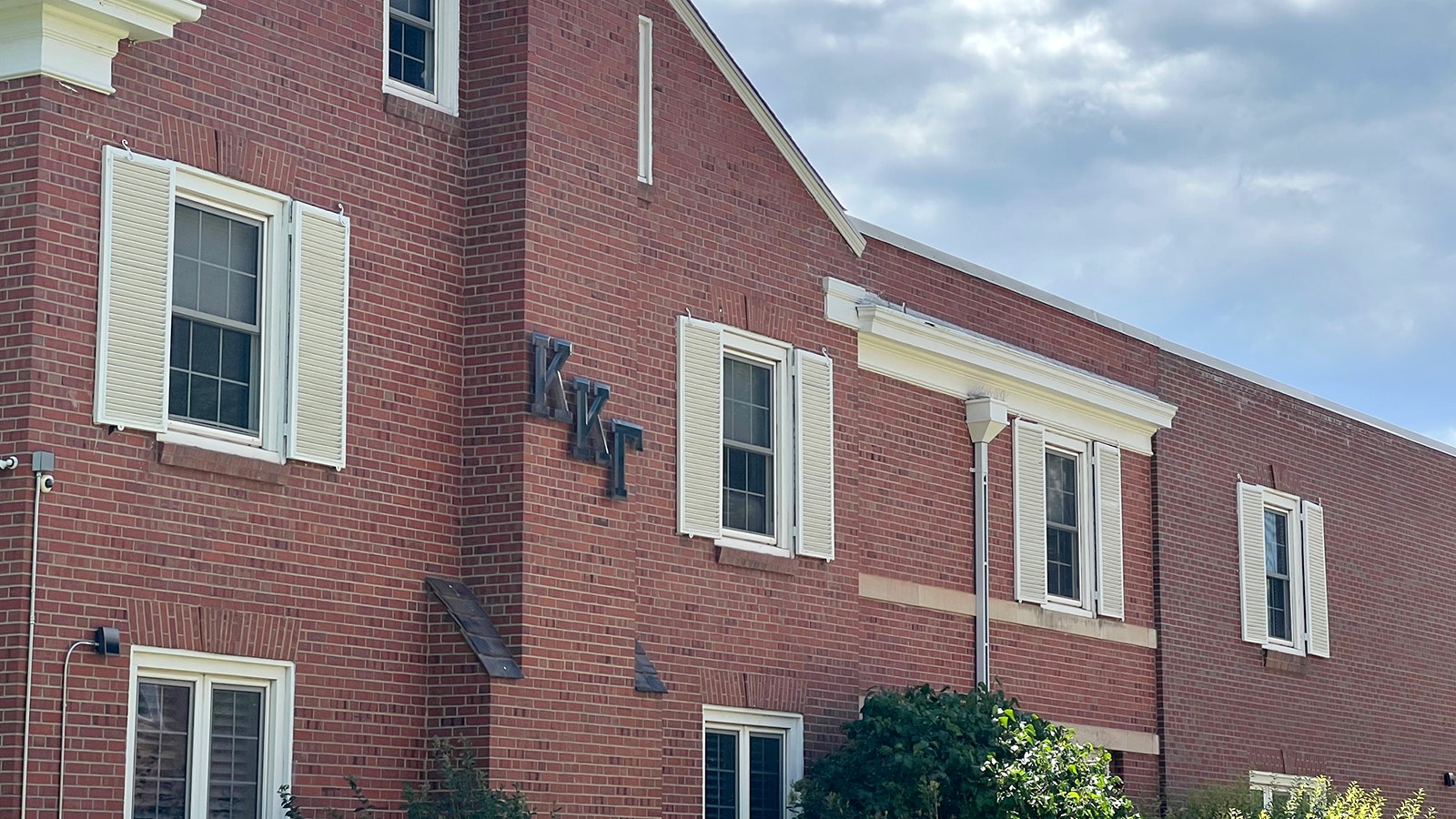Saying the judge who declined to define the word “woman” in court has already made up his mind, the six women suing their sorority for admitting a transgender member argue they have a right to appeal the dismissal of their lawsuit to a higher court.
Kappa Kappa Gamma, the sorority whose Wyoming chapter inducted transgender member Artemis Langford in 2022, has filed a brief in the 10th Circuit Court of Appeals saying the six women trying to sue it can’t appeal because they still have a chance to amend their lawsuit complaint in Wyoming’s federal district court.
The women argued back in a response filed Monday, saying that while U.S. District Court Judge Alan B. Johnson technically left them an avenue to amend their complaint, he deemed their main arguments groundless and has essentially made up his mind.
Johnson ruled a private organization has a right to define its own bylaws as it wishes, and it’s outside the purview of the court to impede that. He declined to define the word “woman,” and noted that the Kappa bylaws don’t define the word, though Kappa in 2018 issued a document saying it would include anyone who identifies as a woman.
The women’s Monday argument calls Johnson’s conclusion “erroneous” and says it should give them the right to appeal.
“No superfluous bylaw defining ‘woman’ exists, and no reiterations of (our) complaint could create it,” wrote the women via their attorney Sylvia May Mailman.
Also listed on the argument were their attorneys Gene C. Schaerr, Cassie Craven and John Knepper.
“Plaintiffs are unable to seek review of the district court’s erroneous legal conclusion that the term ‘woman’ as used in Kappa’s governing documents now requires further bylaw definition to exclude male-born individuals,” the filing says.
‘Female-Only Space’
The argument confronts Kappa’s other claim, that 10th Circuit Case law prohibits the women from appealing.
Kappa Kappa Gamma had cited the 2015 case Eastom v. City of Tulsa, from the 10th Circuit, in which a plaintiff tried to voluntarily dismiss his lawsuit against a government official, only to seek appeal after that, according to the women’s argument.
The case and the others stemming from it insist that a plaintiff can’t manufacture jurisdiction in an appeals court by seeking to get out of the lower court voluntarily, the argument adds.
The women also argue that the costs of denying them an appeal “may be irreparable” as other women seek a “female-only space” in sororities around the country.
“Plaintiffs bring this appeal because they must,” reads the argument.
Kappa Kappa Gamma did not immediately comment to Cowboy State Daily by publication time Tuesday morning.
Clair McFarland can be reached at clair@cowboystatedaily.com.





